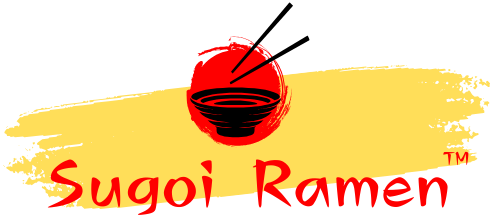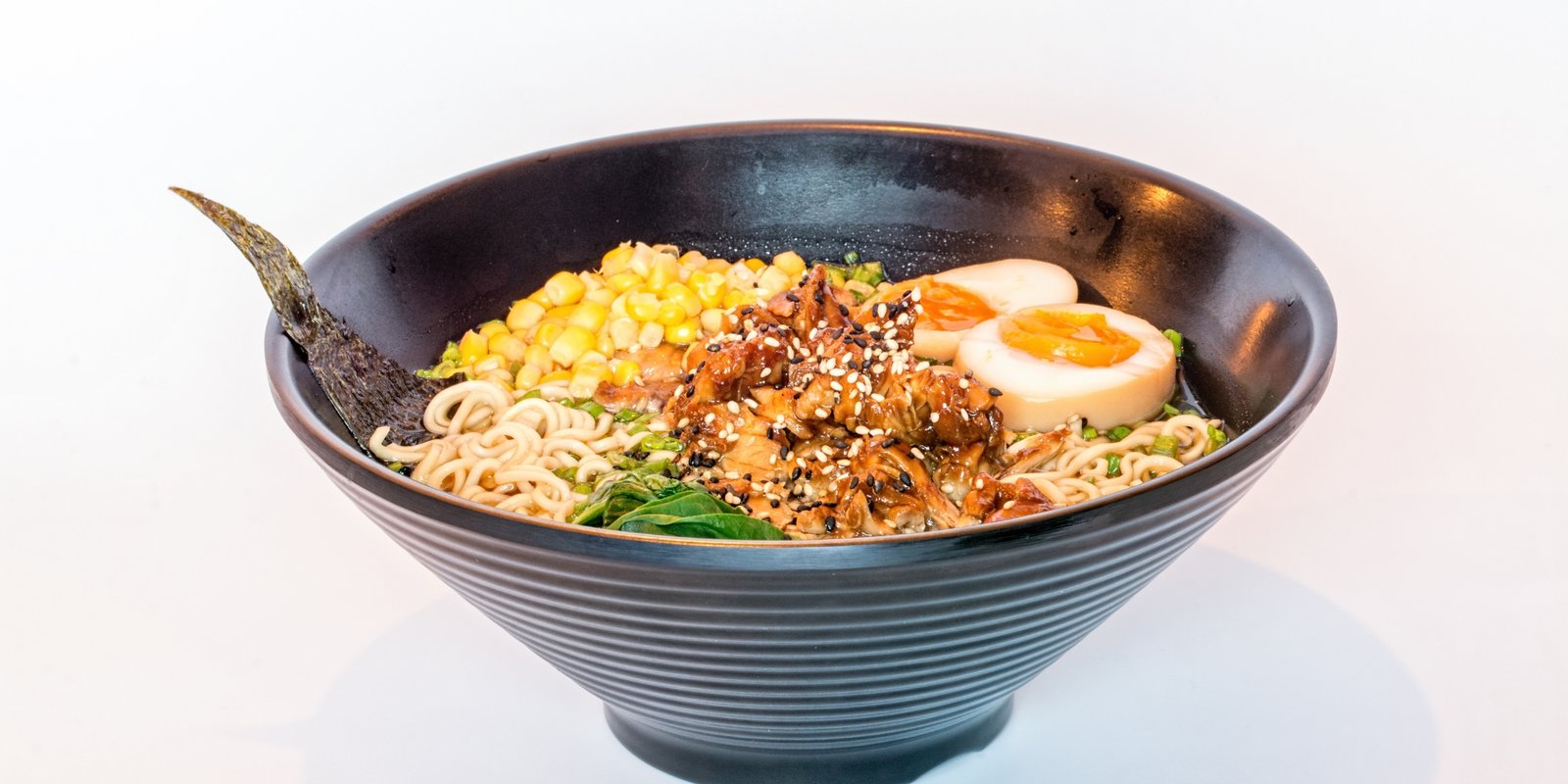Starting a restaurant can be an exciting and profitable venture. However, when you’re just beginning, it can be difficult to decide whether you should invest in a franchise or start an independent restaurant from scratch. Both options have their unique advantages and challenges, and it’s important to consider these factors before making your decision.
In this Artical, we’ll explore the Franchise vs independent restaurant debate, comparing the two options to help you make an informed decision. Whether you’re looking to offer the authentic taste of Japanese ramen through Sugoi Ramen or any other concept, understanding the pros and cons of the Franchise vs independent restaurant model is crucial.
The Franchise vs independent restaurant choice depends on several factors, including brand support, initial investment, and operational control. By evaluating these factors, you can determine which option best fits your goals and resources.

Ultimately, understanding the Franchise vs independent restaurant decision will help you start your restaurant journey on the right foot, whether you’re opting for the proven success of a franchise or the freedom of running an independent restaurant.
Franchise vs Independent Restaurant: The Key Differences
1. Investment and Startup Costs
One of the most significant factors that influence the decision between a franchise and an independent restaurant is the initial investment cost.
Franchise Investment:
- Franchise models often require an initial franchise fee that grants you the right to operate under the brand name.
- Franchisees also need to pay for royalties and marketing fees, which can add up over time.
- The startup costs for a franchise can vary significantly depending on the brand and location, but you’re generally looking at a higher upfront investment compared to independent restaurants.
Independent Restaurant Investment:
- The initial investment for an independent restaurant may be lower than a franchise, as there are no franchise fees or royalty payments.
- However, you’ll need to invest in building a brand identity, creating your own menu, and ensuring high-quality food and service standards.
- You may also face higher operational risks, as you’re starting from scratch.
Verdict: Franchises generally require a larger investment due to fees, while independent restaurants may have lower initial costs, but require more work to establish a brand.

2. Brand Recognition and Customer Trust
When it comes to brand recognition, franchises have a significant edge.
Franchise Advantages:
- Established Brand: You’re buying into an already successful brand with an existing customer base.
- Customer Trust: People trust recognized brands like Sugoi Ramen, which already has a reputation for offering authentic Japanese ramen.
- Marketing: Franchisors often provide marketing materials and have national or regional campaigns that attract customers to your location.
Independent Restaurant Challenges:
- Building Brand Recognition: Independent restaurant owners need to start from the ground up in creating their brand and building customer trust.
- Marketing Efforts: Independent restaurants must invest more time and money into local marketing and community outreach to draw in customers.
Verdict: Franchises benefit from immediate brand recognition, while independent restaurants need to build customer trust from scratch.
3. Operational Control and Flexibility
Franchise Control:
- Standardized Operations: Franchises come with strict operational guidelines. You must follow the brand’s recipes, decor, and business model to maintain consistency.
- Limited Flexibility: While franchisors provide operational guidelines, these may limit your ability to innovate or introduce new items that align with customer preferences.
Independent Restaurant Control:
- Full Control: As an independent restaurant owner, you have the freedom to design your menu, décor, and overall dining experience.
- Innovation: You can quickly adapt to trends and customer demands without needing approval from a franchisor.
Verdict: Independent restaurants offer more flexibility and control, while franchises provide structured guidelines that can help new owners avoid common mistakes.

4. Risk and Failure Rate
Risk is a critical factor to consider when starting any business. Let’s see how both options compare in terms of failure rate.
Franchise Risk:
- Proven Success: Franchises tend to have a lower failure rate because of their proven business models, marketing strategies, and training systems.
- Less Risk: You benefit from an established product, ongoing support, and a recognized brand, which lowers the overall risk of failure.
Independent Restaurant Risk:
- Higher Risk: Independent restaurants face higher risks because they are not backed by an established brand.
- Unpredictability: The lack of a proven system or support system can make it difficult to predict success or failure.
Verdict: Franchises generally carry lower risk due to their established systems and brand recognition, while independent restaurants carry more risk but with higher potential rewards.

5. Support and Training
Franchise Support:
- Comprehensive Training: Franchises provide extensive training on operations, marketing, and customer service, which can be crucial for new restaurant owners.
- Ongoing Assistance: Many franchisors offer continuous support to help you navigate any operational challenges.
Independent Restaurant Challenges:
- Limited Training: As an independent restaurant owner, you may have to figure out many aspects of the business on your own.
- No Support System: There’s no corporate support, so you’re responsible for handling operational, financial, and marketing challenges.
Verdict: Franchises provide comprehensive support and training, which is valuable for beginners, whereas independent restaurants require more self-sufficiency.

Pros and Cons of Franchising vs Independent Restaurants
| Feature | Franchise | Independent Restaurant |
|---|---|---|
| Investment | Higher initial investment | Lower investment but higher risk |
| Brand Recognition | Immediate brand recognition | Must build brand from scratch |
| Control | Limited flexibility and creativity | Full control over menu, décor, and operations |
| Operational Risk | Low risk, proven business model | Higher risk due to lack of brand support |
| Training & Support | Comprehensive, ongoing training and support | Minimal training, mostly self-taught |
| Failure Rate | Lower failure rate, established success record | Higher failure rate, depends on execution |
Conclusion: Which is Better for Beginners?
For beginners, the choice between a franchise and an independent restaurant depends on several factors, such as investment, risk tolerance, and long-term goals.
- If you’re looking for a lower-risk option with proven business models and support, a franchise like Sugoi Ramen could be the best choice.
- If you’re driven by the desire for creative freedom, flexibility, and a more personalized restaurant experience, starting an independent restaurant might suit you better.
Ultimately, both models can be successful, but it depends on your priorities and how much control and risk you are willing to handle.
FAQs
Q1. What’s the major advantage of a franchise?
Franchises offer established brand recognition, a proven business model, and comprehensive support, making them ideal for beginners.
Q2. Can I be successful with an independent restaurant?
Yes, though independent restaurants involve higher risk, success is achievable with the right concept, strong marketing, and good food.
Q3. Is the failure rate higher for independent restaurants?
Yes, independent restaurants tend to have a higher failure rate due to the lack of a support system and proven model.
Q4. Can I innovate with a franchise?
Innovation is limited in a franchise due to strict guidelines, but some brands may allow for menu or service adaptations based on local demands.
Q5. Which is more cost-effective for beginners?
Independent restaurants may have a lower initial cost, but franchises offer lower long-term risks and often come with marketing and operational support.







